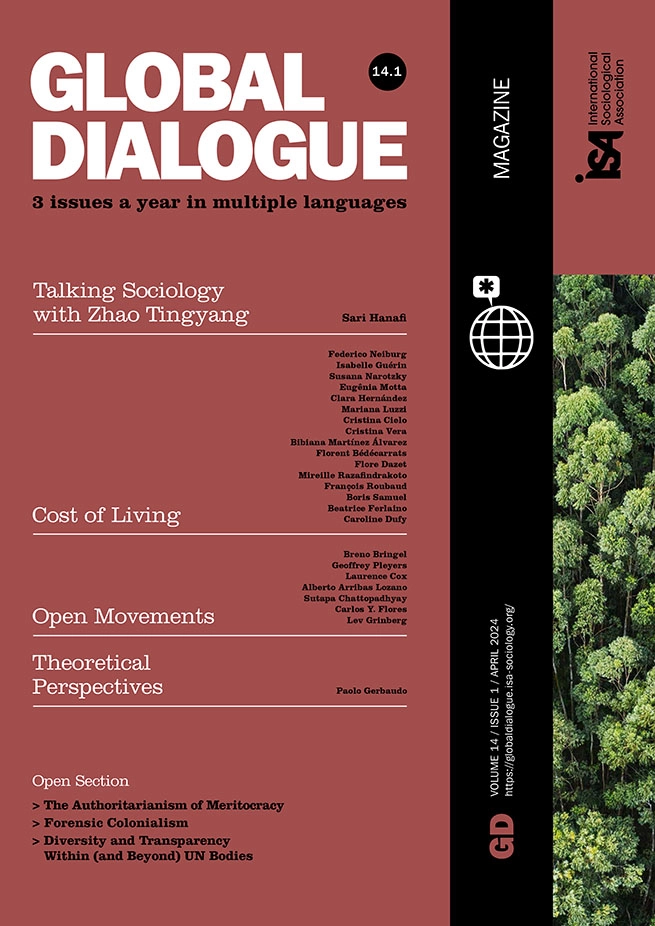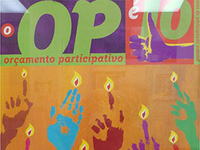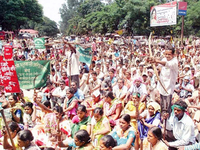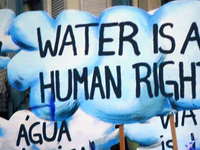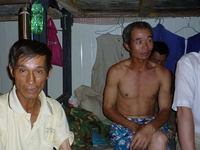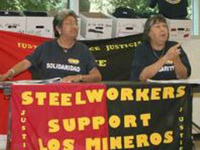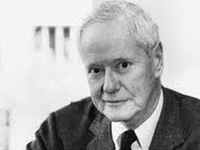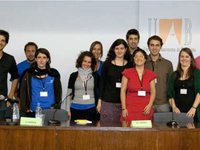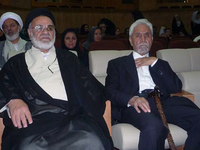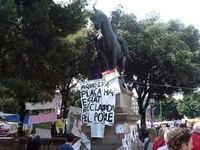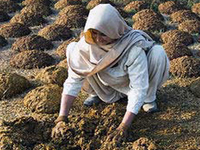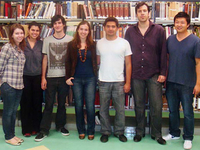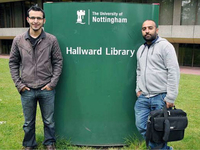GD 1.5 - July 2011
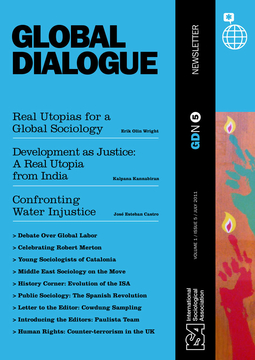
Global Dialogue is available in multiple languages!
Select the language to download the issue.
Editors:
Michael Burawoy.
Associate Editor:
Margaret Abraham, Tina Uys, Raquel Sosa, Jennifer Platt, Robert Van Krieken.
Managing Editors:
Lola Busuttil, August Bagà, Genevieve Head-Gordon.
Consulting Editors:
Izabela Barlinska, Louis Chauvel, Dilek Cindoglu, Tom Dwyer, Jan Fritz, Sari Hanafi , Jaime Jiménez, Habibul Khondker, Simon Mapadimeng, Ishwar Modi, Nikita Pokrovsky, Emma Porio, Yoshimichi Sato, Vineeta Sinha, Benjamin Tejerina, Chin-Chun Yi, Elena Zdravomyslova.
REGIONAL EDITORS
Arab World: Sari Hanafi and Mounir Saidani.
Brazil: Gustavo Taniguti, Juliana Tonche, Pedro Mancini, Fabio Silva Tsunoda, Dmitri Cerboncini Fernandes, Andreza Galli, Renata Barreto Pretulan.
India: Ishwar Modi, Rajiv Gupta, Rashmi Jain, Uday Singh.
Japan: Kazuhisa Nishihara, Mari Shiba, Yoshiya Shiotani, Kousuke Himeno, Tomohiro Takami, Nanako Hayami, Yutaka Iwadate, Kazuhiro Ikeda, Yu Fukuda.
Spain: Gisela Redondo.
Taiwan: Jing-Mao Ho.
Iran: Reyhaneh Javadi, Saghar Bozorgi, Mitra Daneshvar, Shahrad Shahvand.
GD 1.5 - July 2011
Editorial
Sociology has always attempted to defatalize and denaturalize the present, demonstrating that the world could be otherwise. Thus, in this fifth issue of Global Dialogue we begin with a discussion of ‘real utopias,’ an idea advanced by Erik Wright which refers to existing institutions that pose some challenge to the logic of capitalism. The articles that follow illustrate the idea of real utopias: Kalpana Kannabiran writes about a real utopia from India — development as justice; Teresa Sordé and Tatiana Santos describe recent experiments in participatory democracy in Spain, while José Esteban Castro writes about water justice in Latin America. Distinguished sociologists of labor take the idea of ‘real utopia’ in a different direction, also contributing to our on-going debate about global sociology by exploring the notion of ‘counter-hegemonic globalization.’ Thus, Edward Webster discusses global labor movements as seen from South Africa, Pun Ngai as seen from China and Enrique de la Garza as seen from Mexico. Farid Alatas covers a much anticipated Middle East conference in Tehran, and Ana Vidu reports on an energetic conference of young sociologists in Barcelona, while Nadia Asheulova and Jaime Jiménez report on RC23’s celebration of Robert Merton, the great sociologist of science. Special columns deal with: the threat to academic freedom when universities collaborate in counter-terrorism; the history of the bicameral structure of the ISA; and with cowdung sampling in tropical Africa. Finally, we start a new column that introduces our different editorial teams across the globe. In this regard I’m delighted to welcome a team of young sociologists from Tehran who will be translating Global Dialogue into Persian – our tenth language.
Michael Burawoy, editor of Global Dialogue
Global Dialogue can be found in multiple languages.
Submissions should be sent to globaldialogue@isa-sociology.org.
